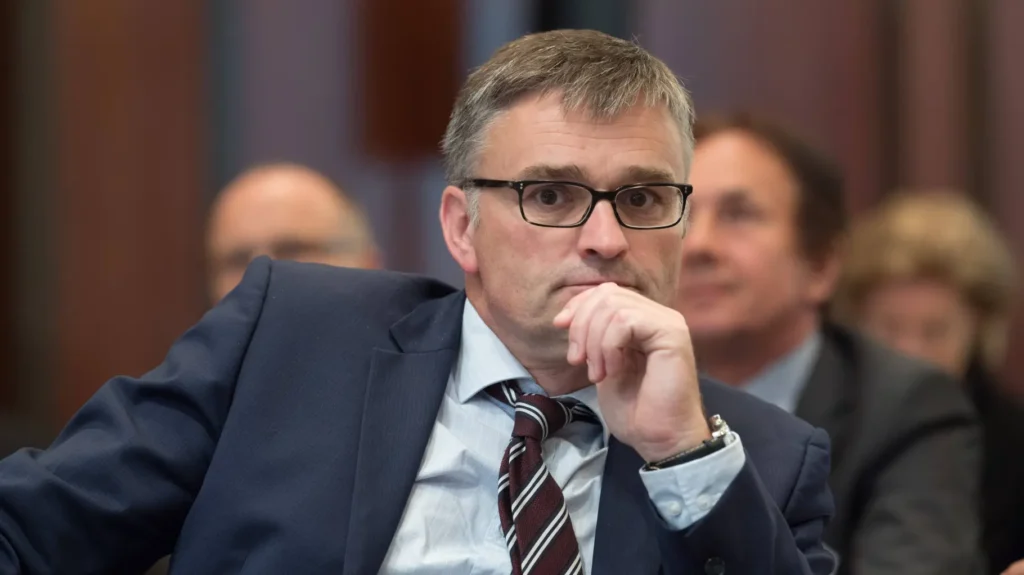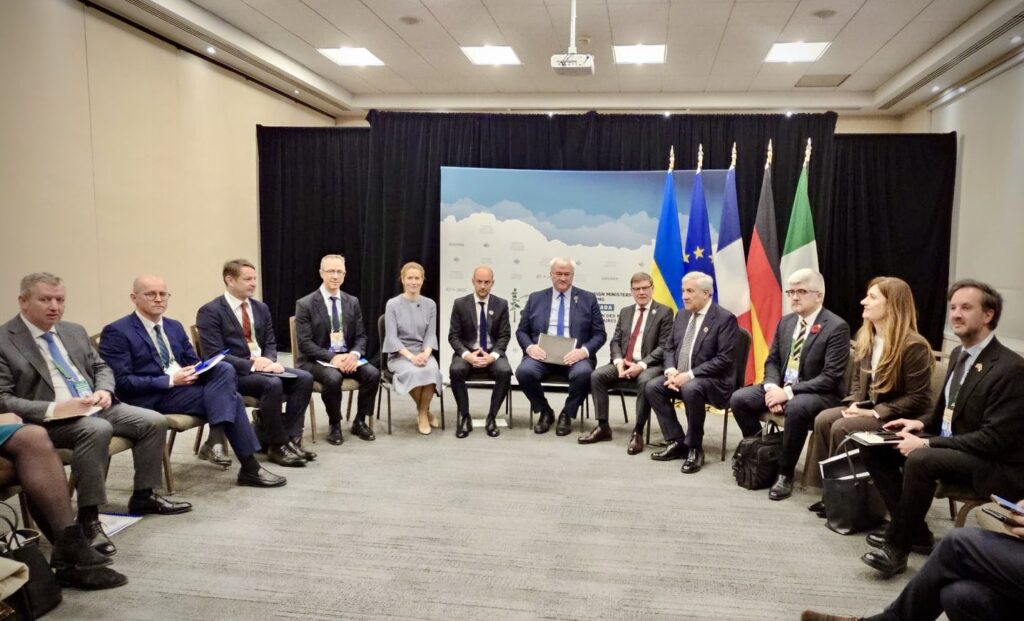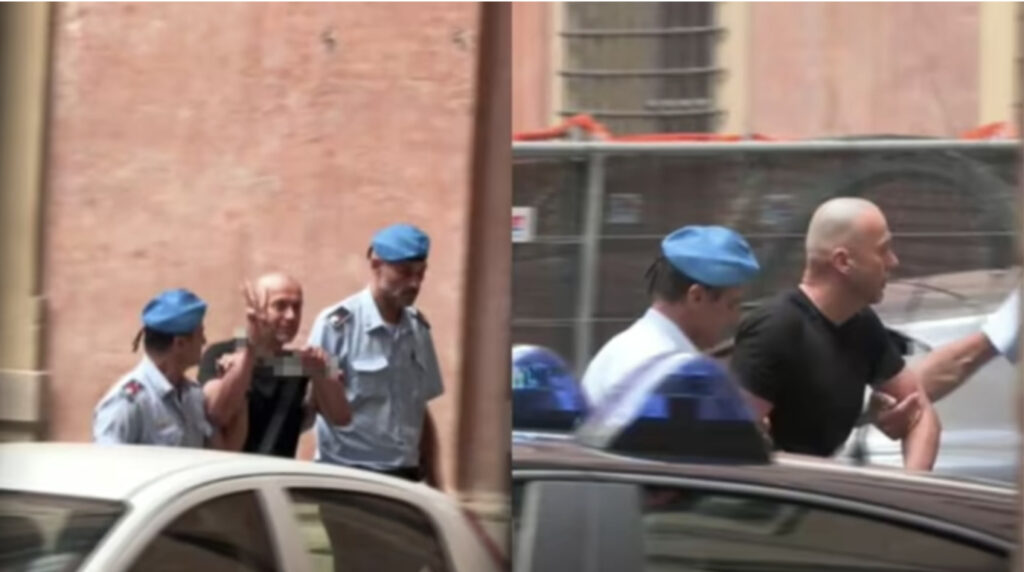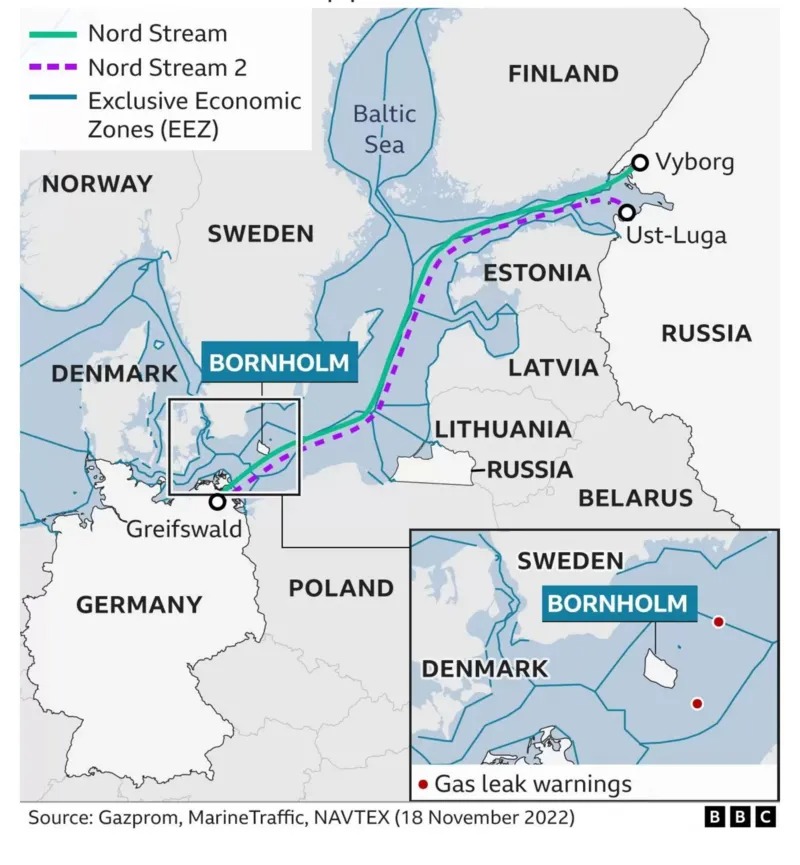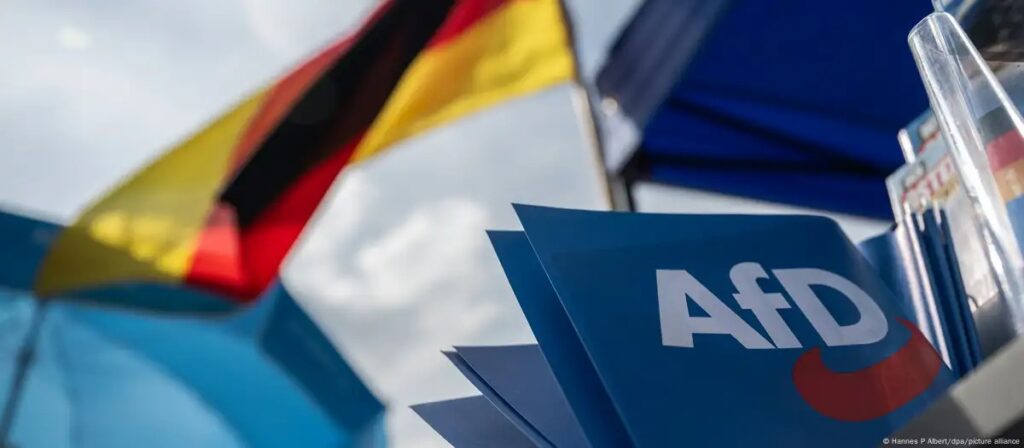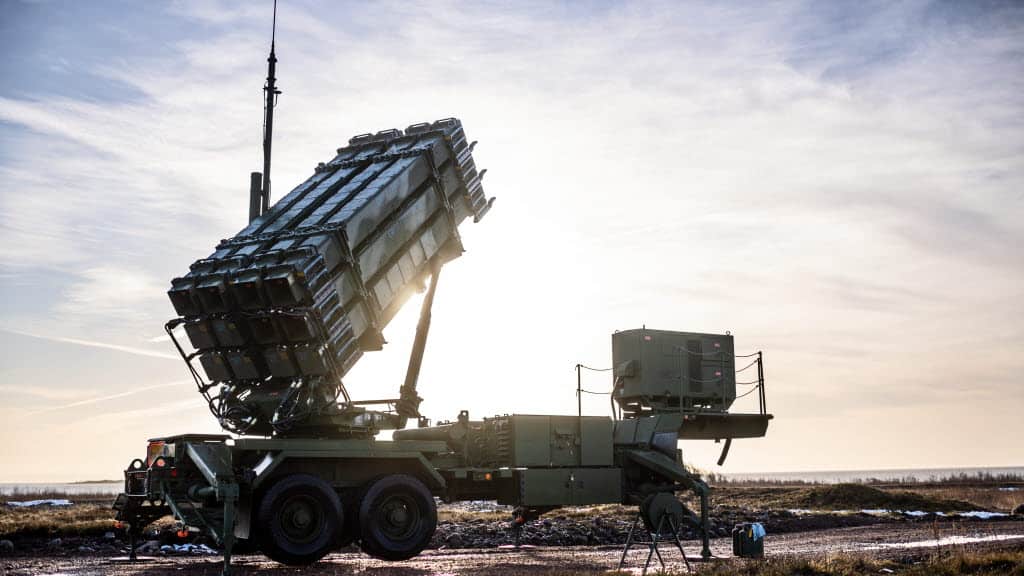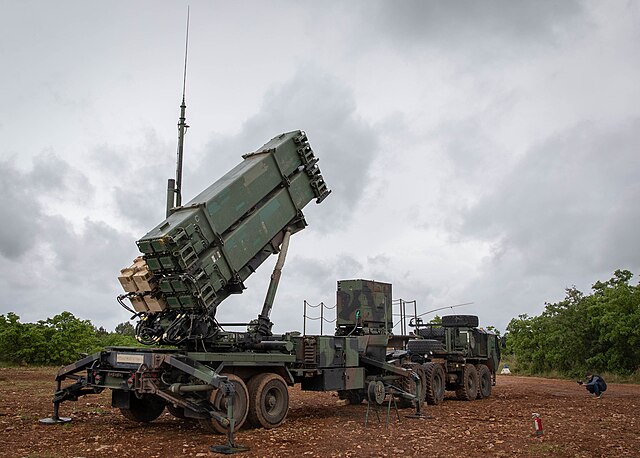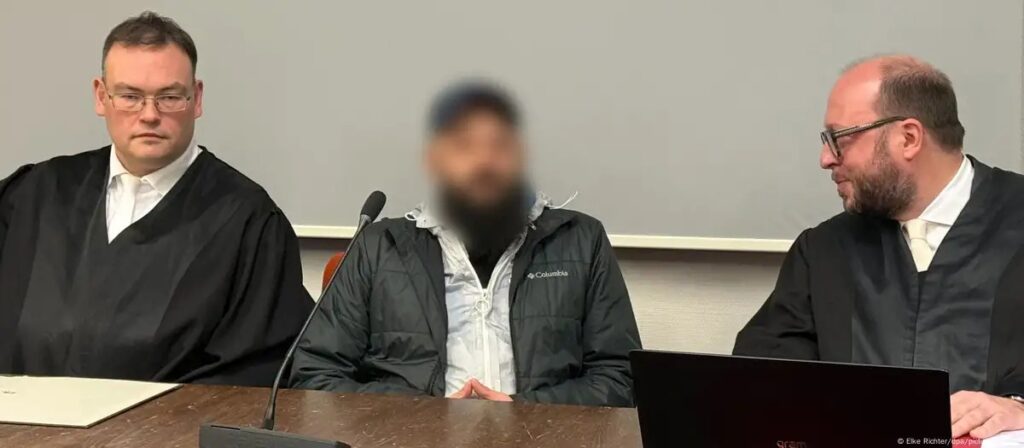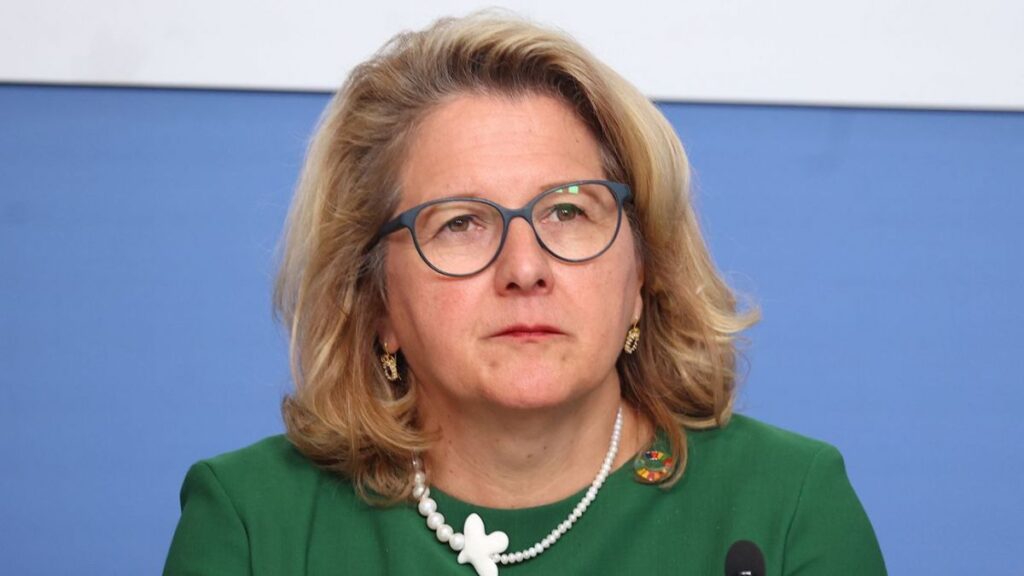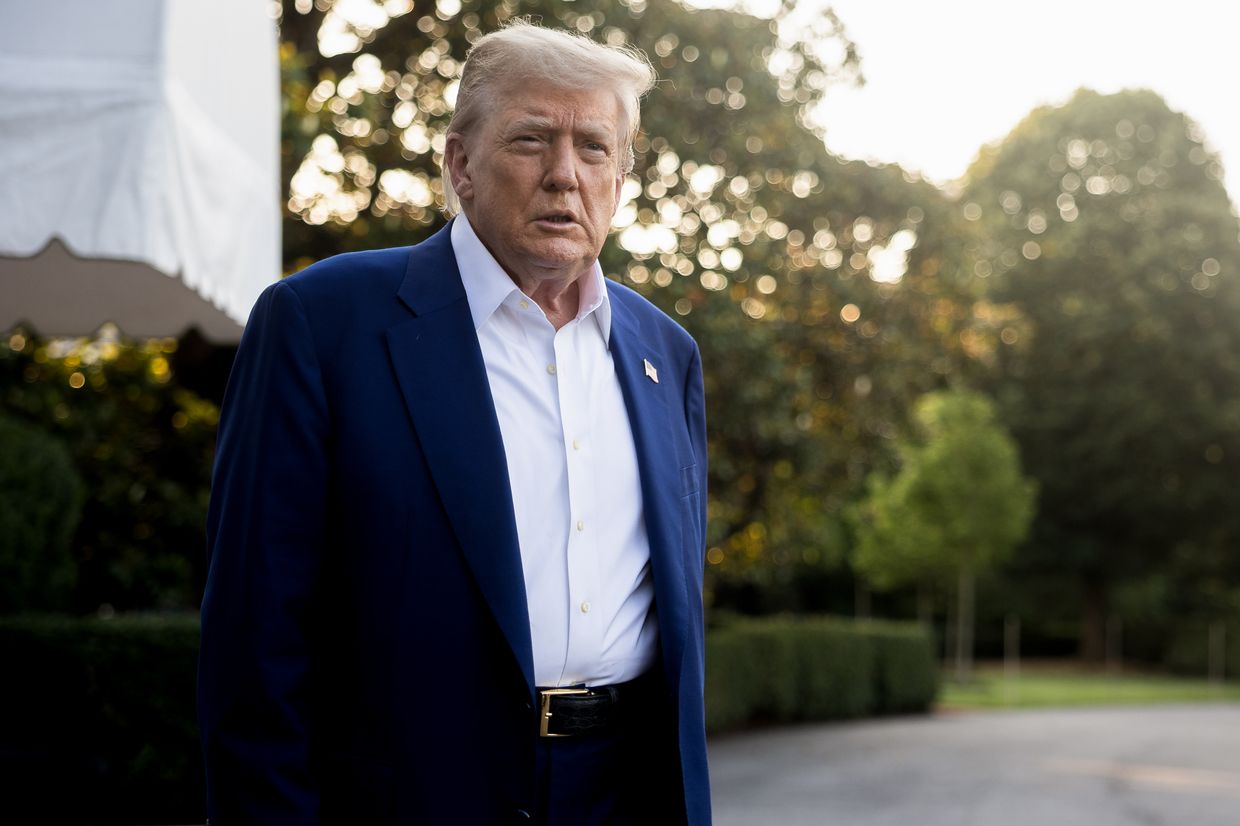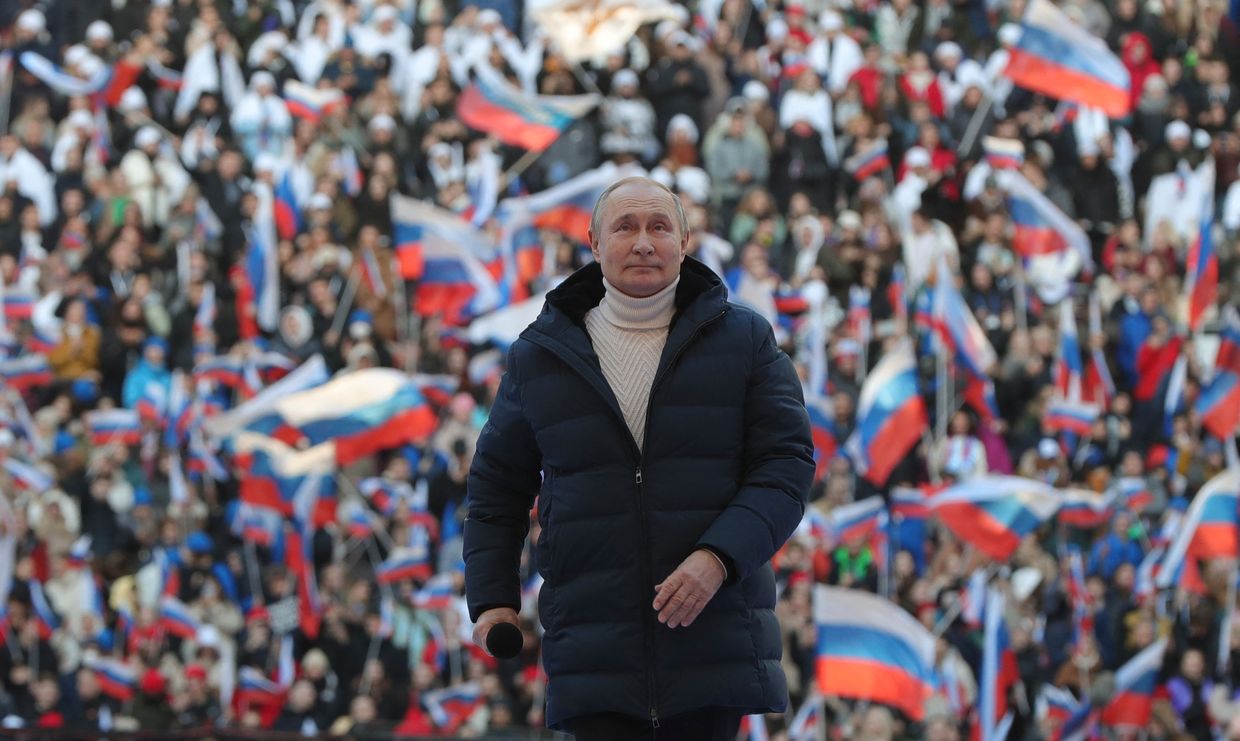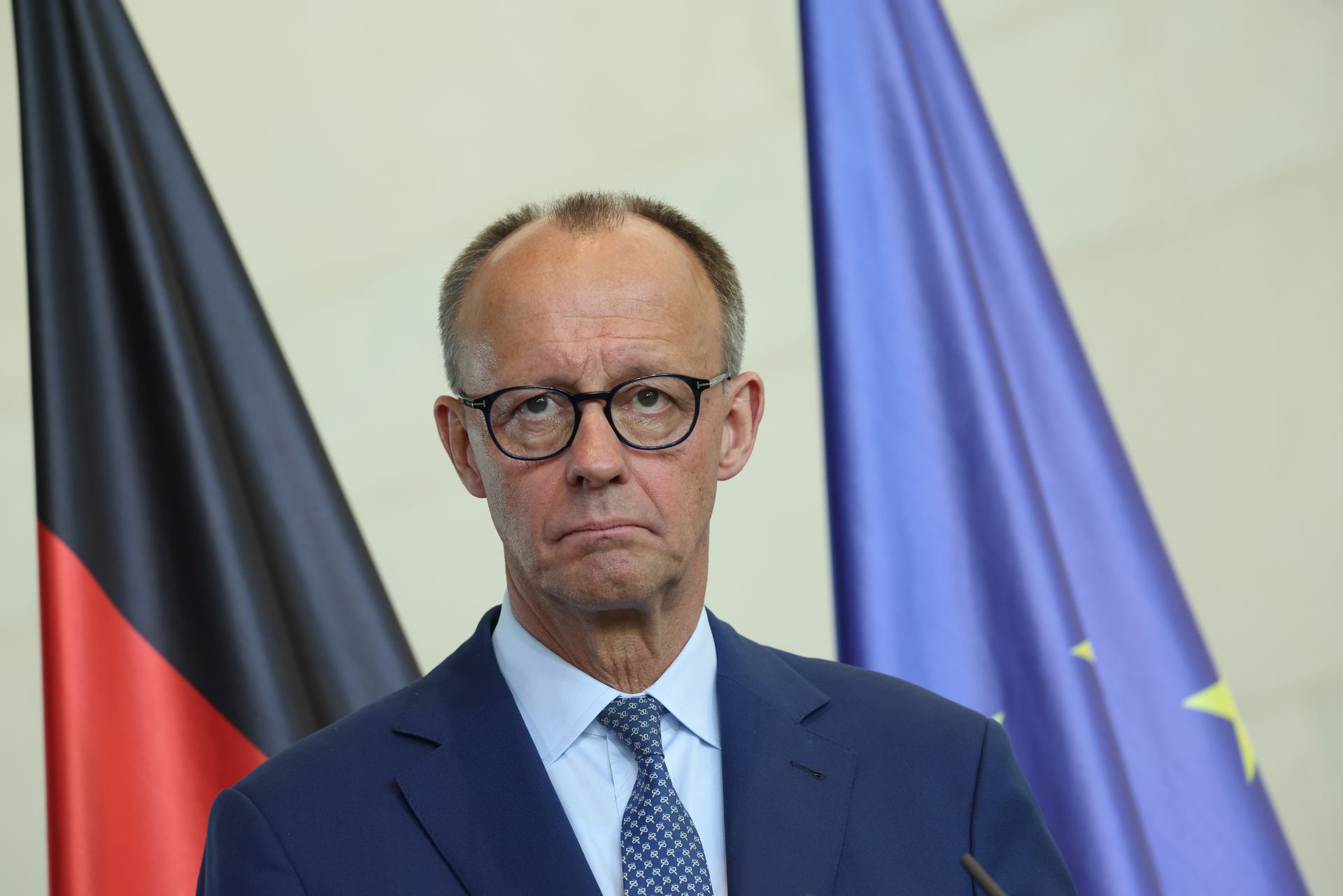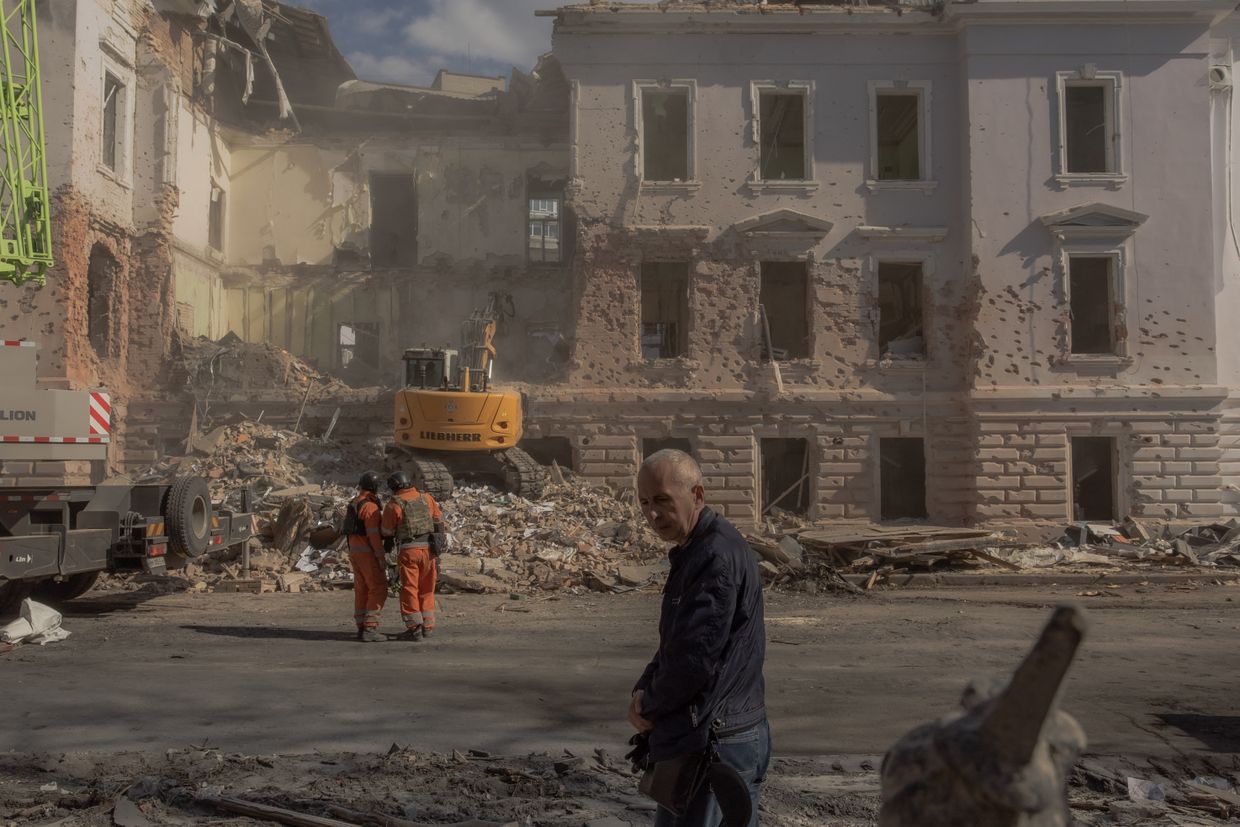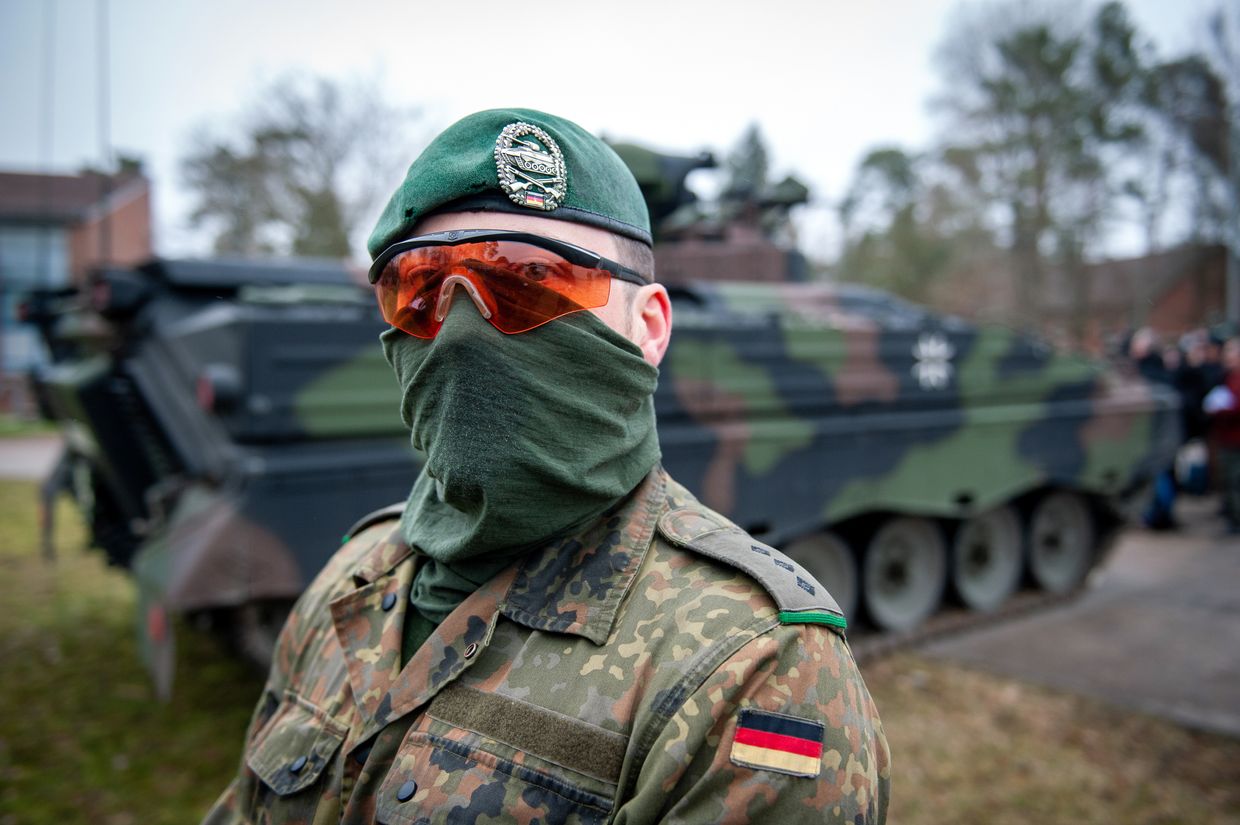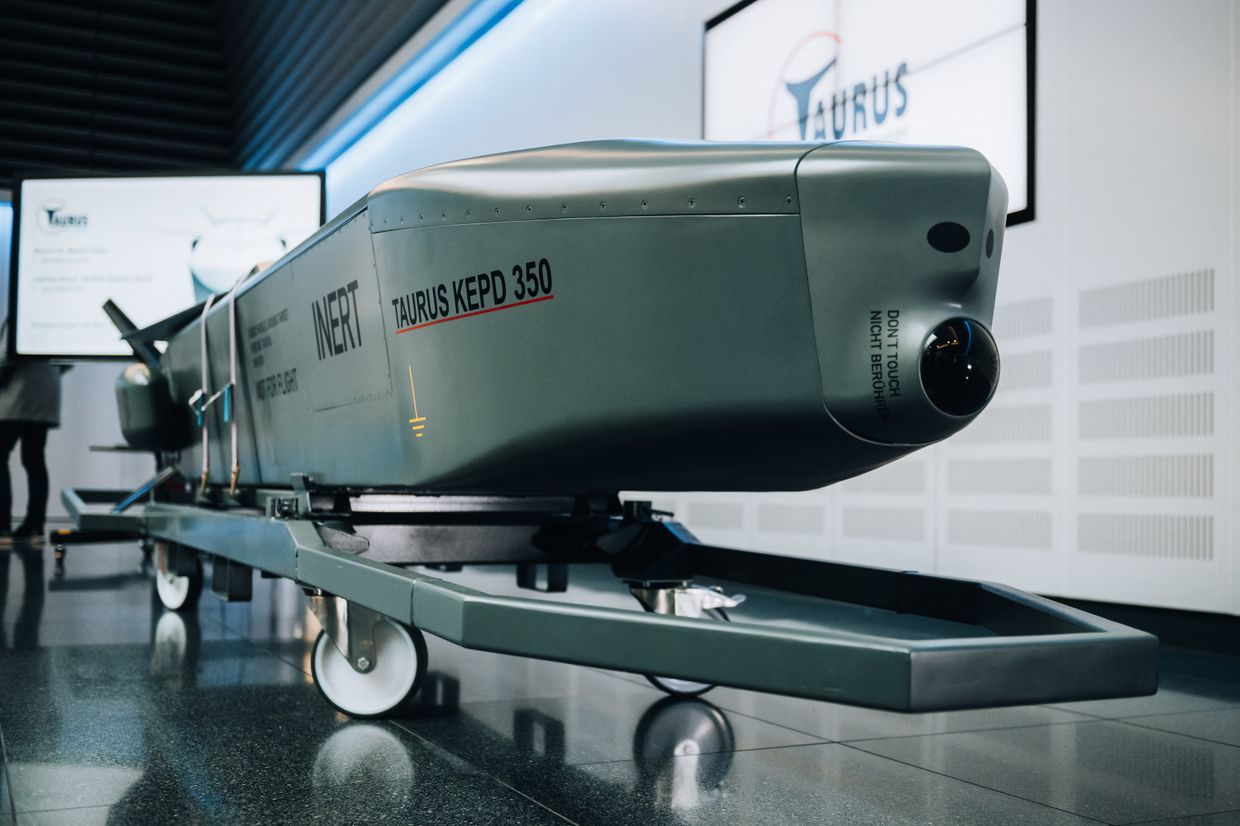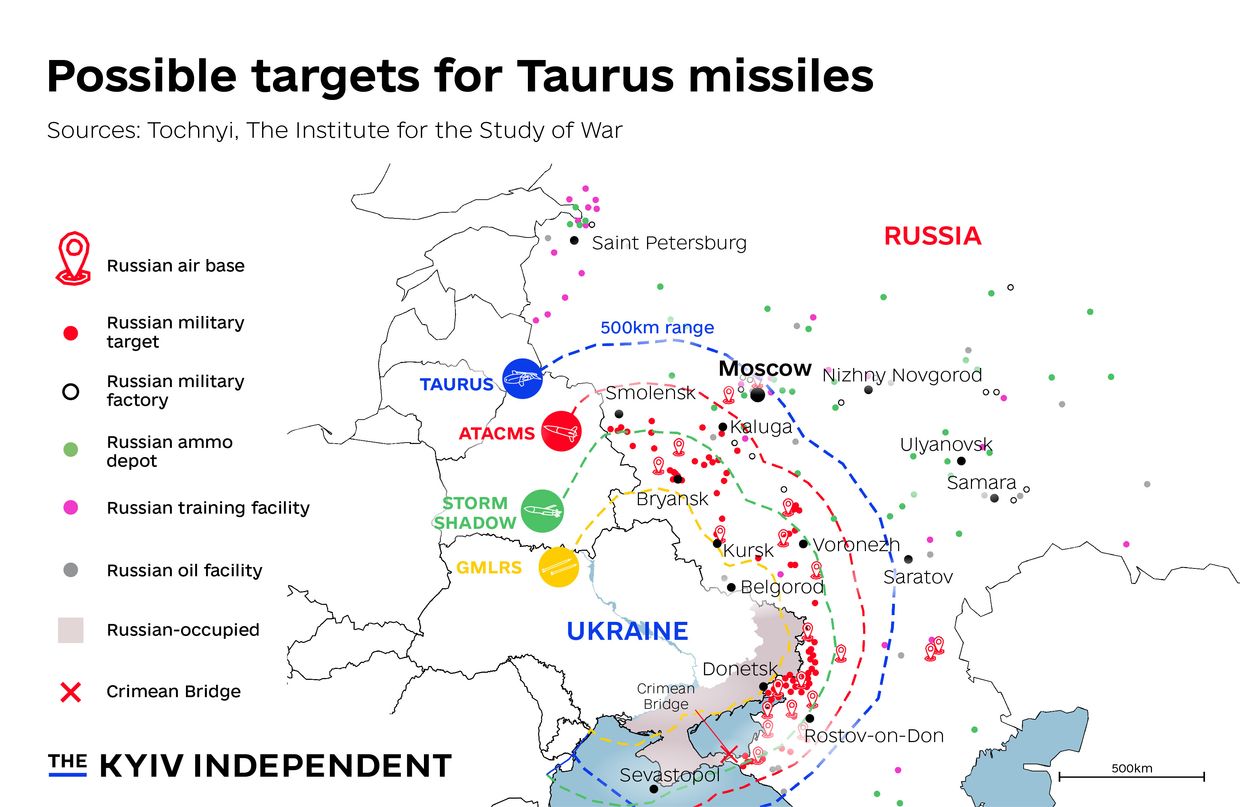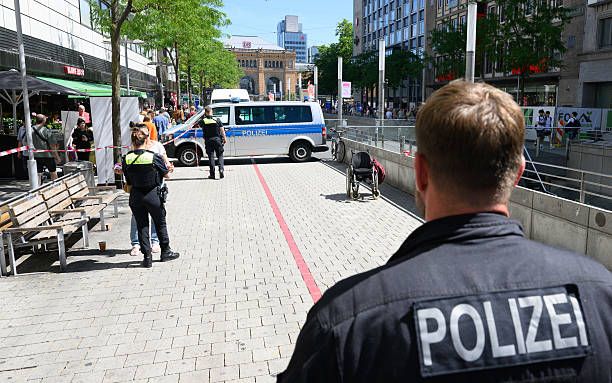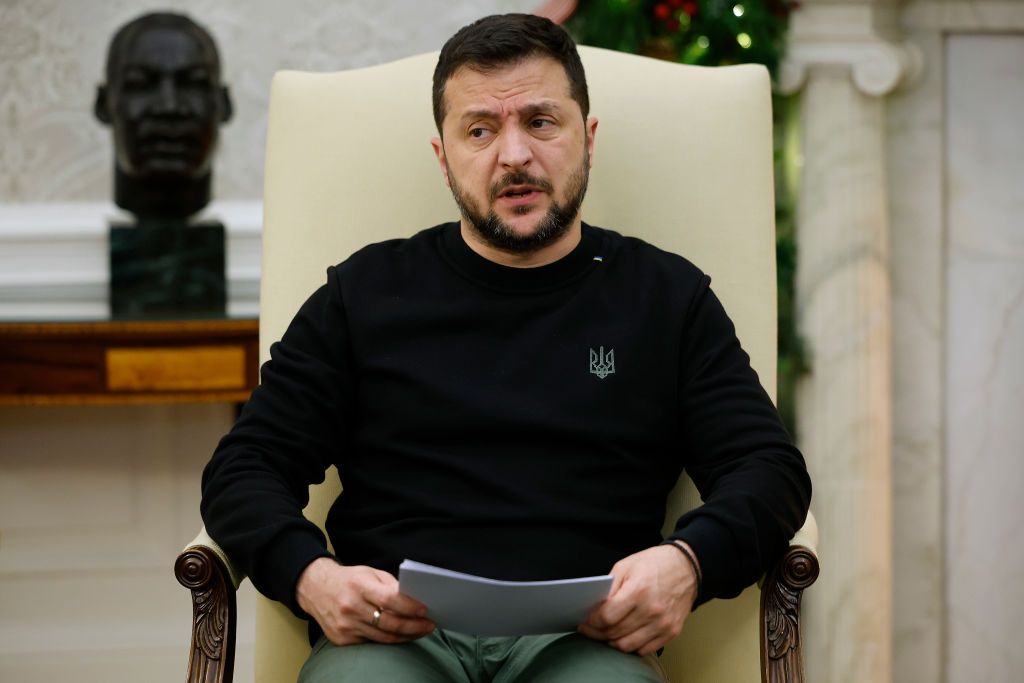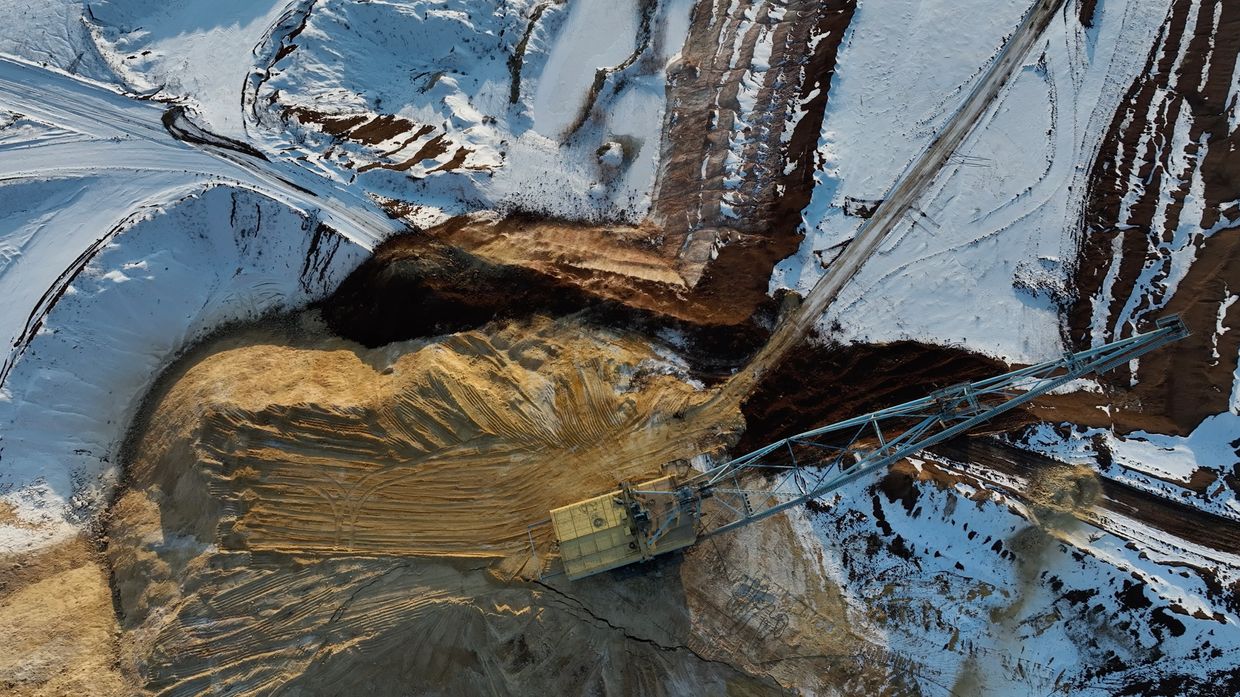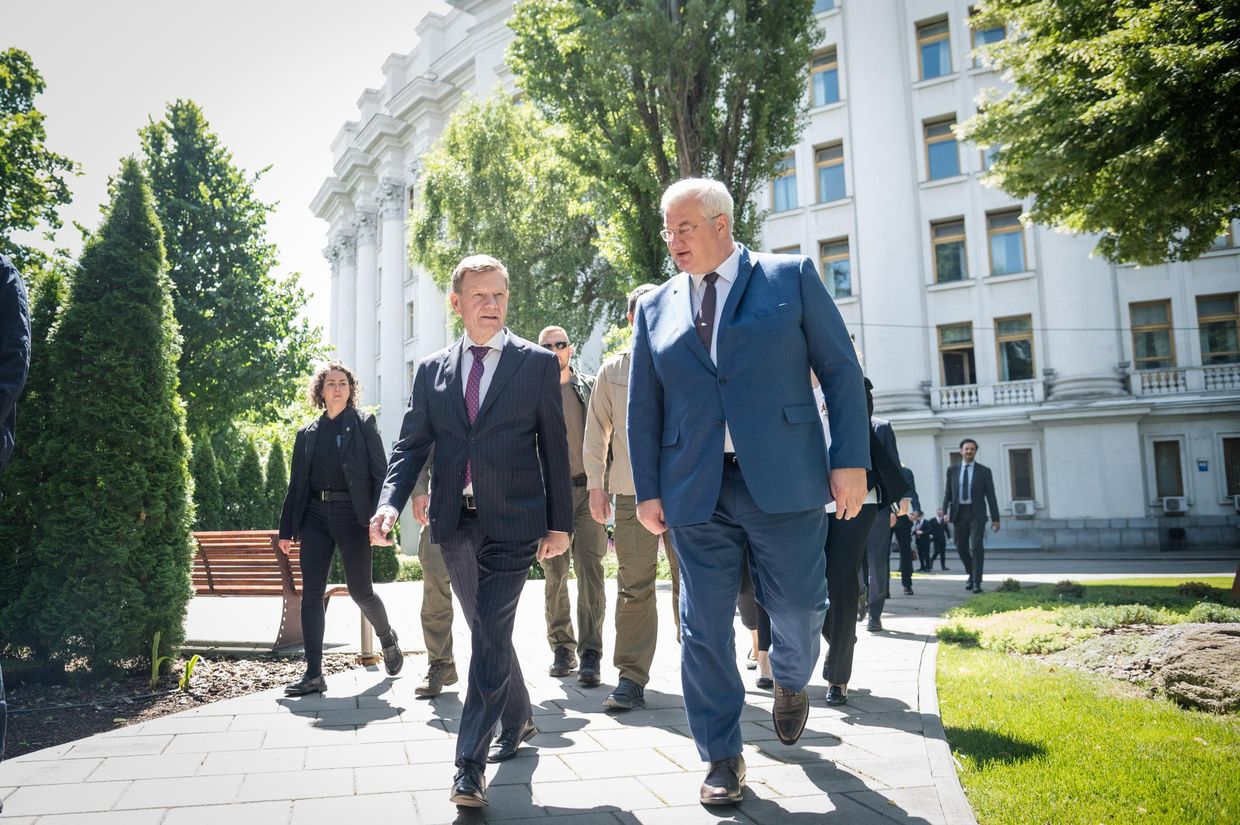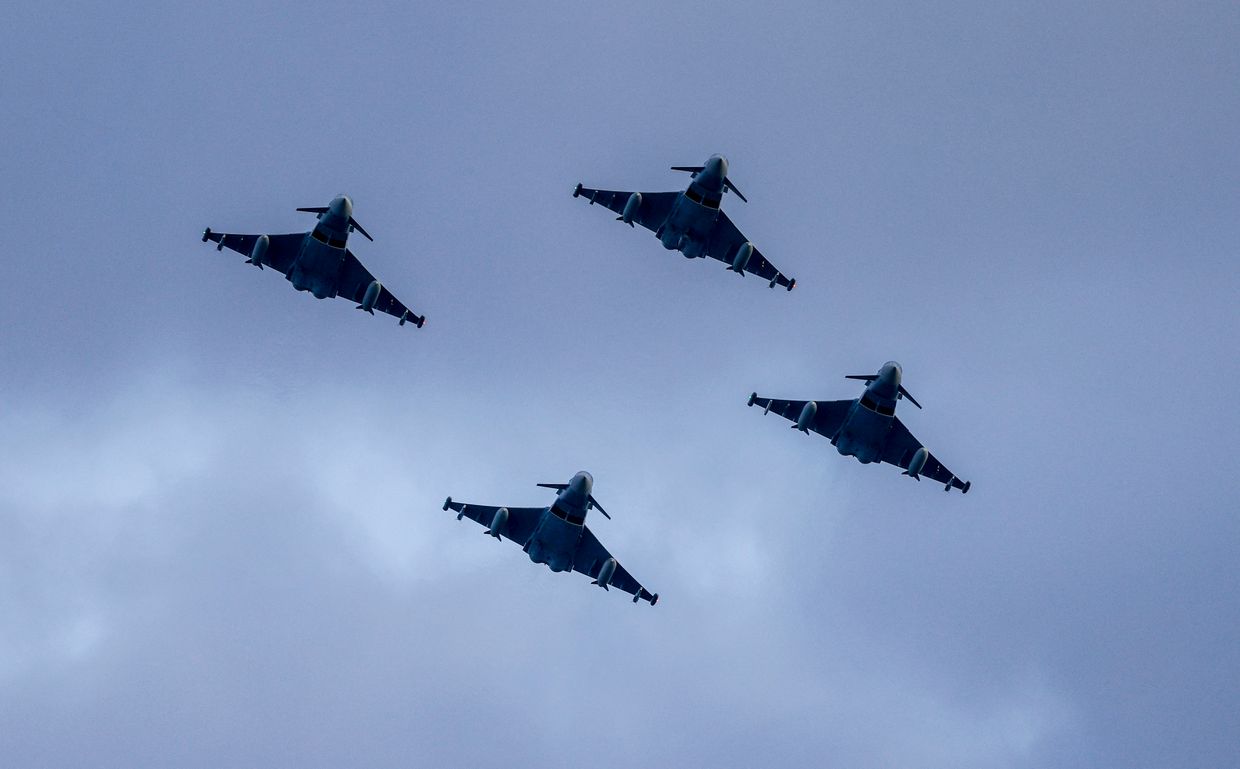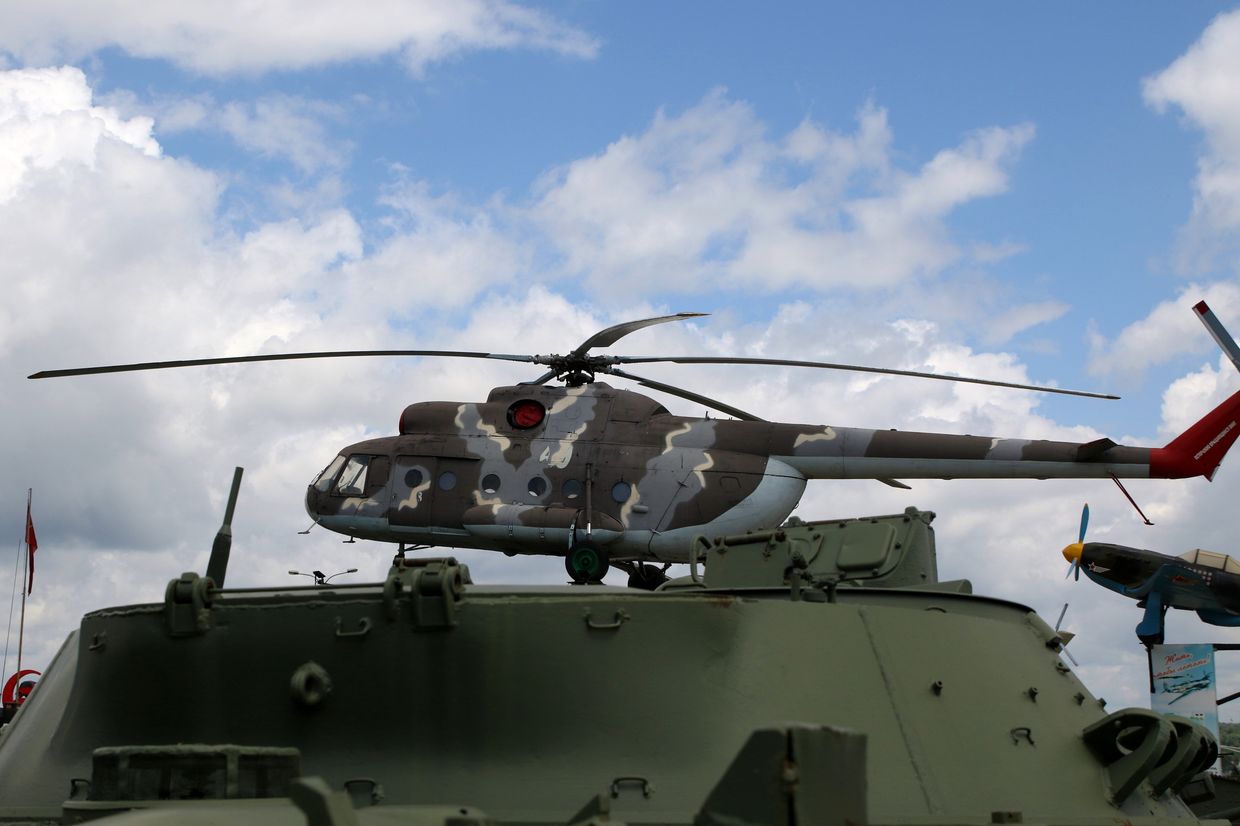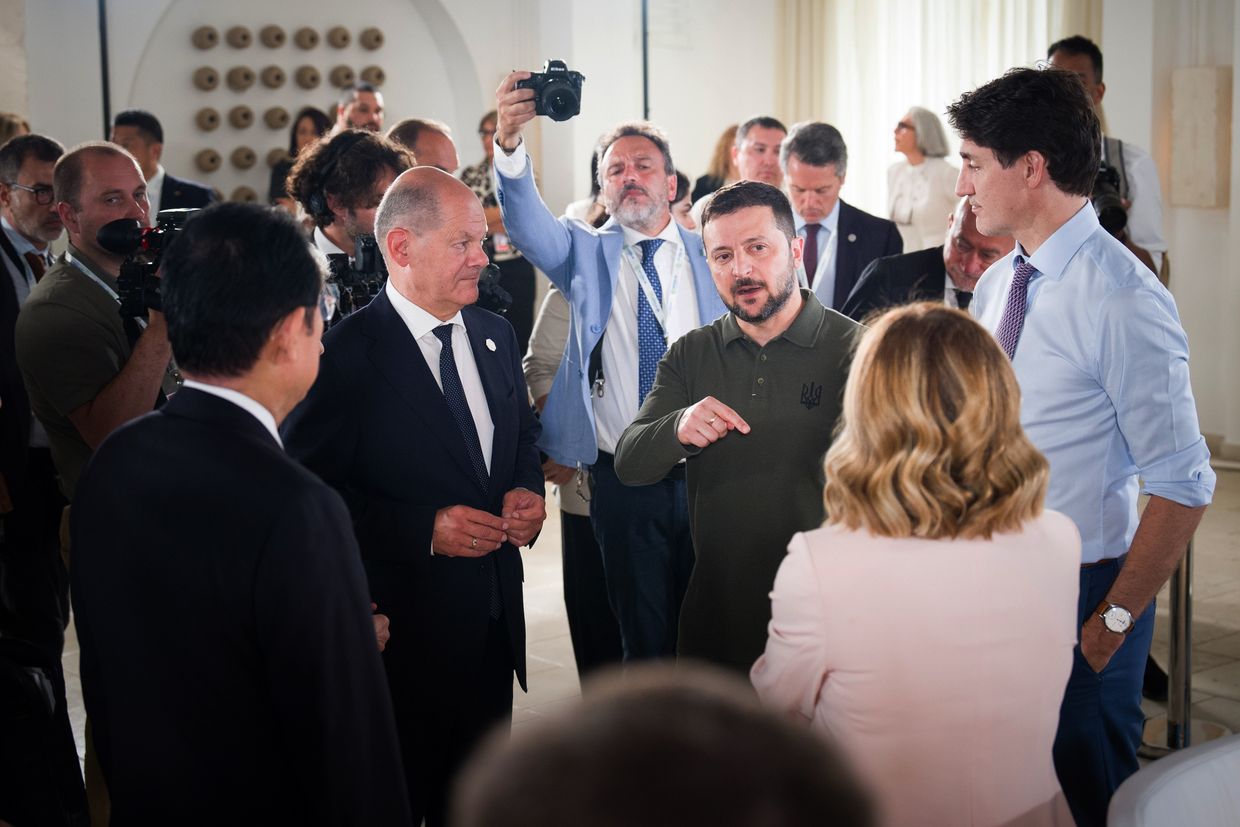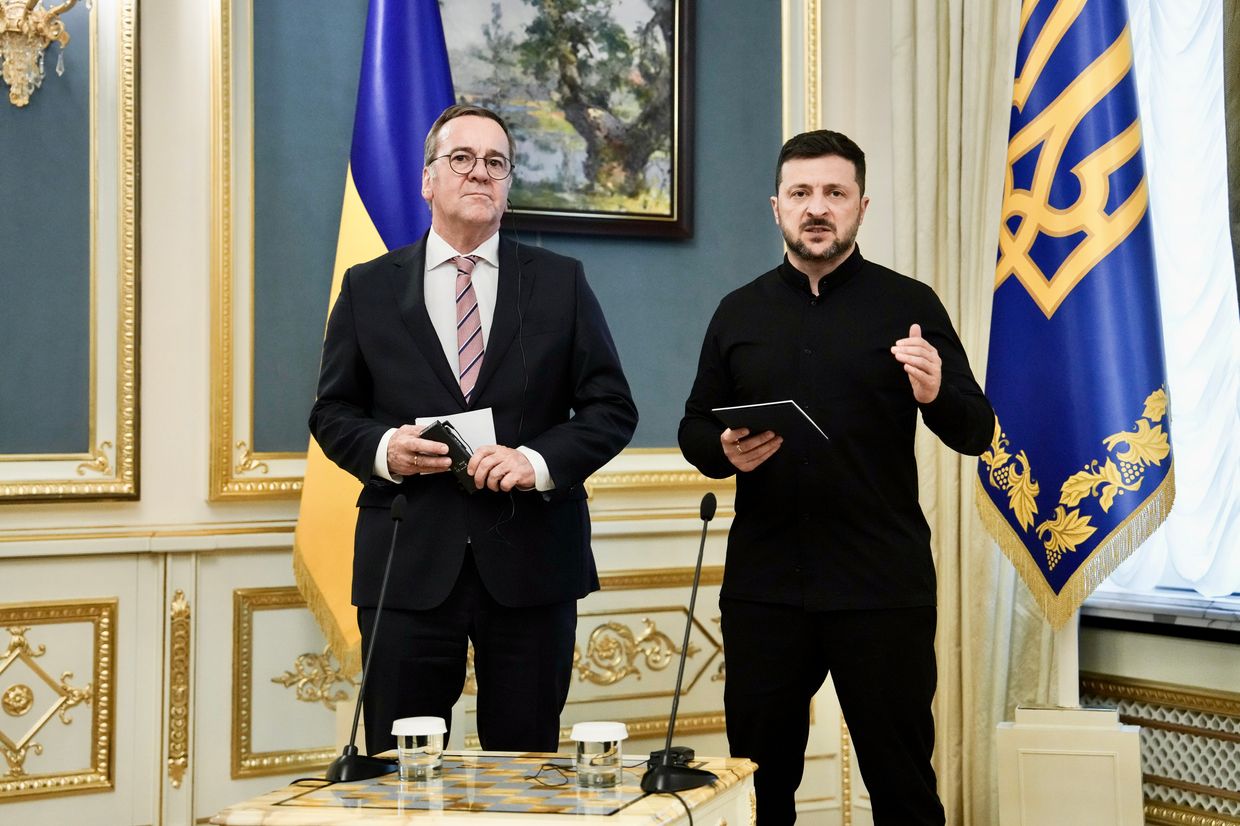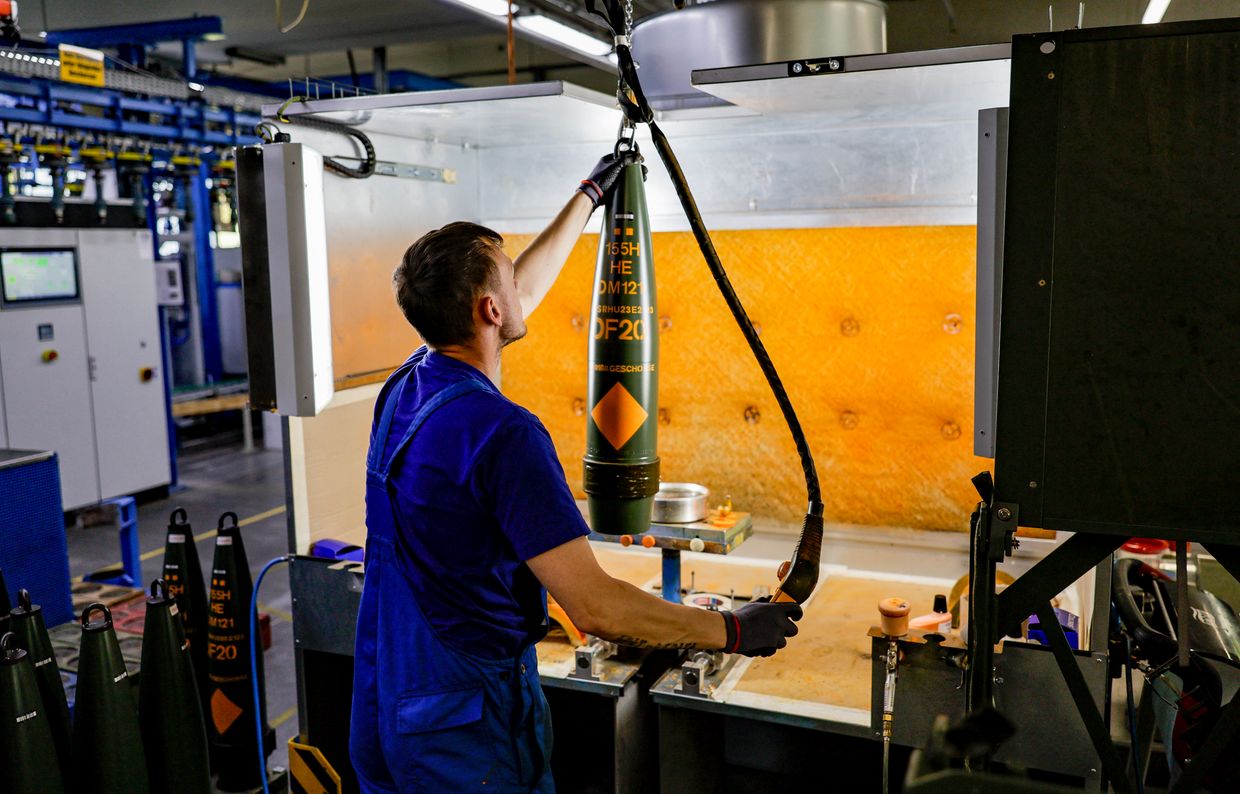“Some European capitals believe Putin will win in Ukraine”: Germany plans to send €1B monthly to Kyiv prove Russia can be defeated

Some European countries believe that Russian leader Vladimir Putin will eventually win in Ukraine, according to Bundestag member Jürgen Hardt from the ruling Christian Democratic Union, UkrInform reports. This conviction persists despite Ukraine successfully defending against the attacks of the world’s largest country for 11 years.
Over the past year, Moscow has occupied only 1% of Ukrainian territory, but in total, Moscow controls about 18% of Ukraine. That is the amount of territory Russia has managed to occupy since 2014. The only regional center Russia captured in Ukraine since 2022 was Kherson, which Ukraine liberated the same year.
How to defeat Russia?
If Putin realizes the risk of defeat, the chances for real, fair negotiations without Kremlin diktat increase. Therefore, the German government plans to provide about €1 billion per month in military support to Ukraine, Hardt confirmed.
The German government plans to increase defense aid to Ukraine by an additional €3 billion in 2026, compared to the previous budget plan, bringing the total to over €11.5 billion.
These funds are intended for Ukraine’s military needs, to maintain its armed forces, and to continue resisting the Russian attack, the politician clarified.
Hardt noted that Ukraine finances part of its needs from its own tax revenues, but a significant portion comes from external sources, and Germany is one of the leading contributors. He emphasized that Germany is Ukraine’s largest financial donor and politically one of its strongest allies.
The Bundestag member said the federal government is working to mobilize more resources, including providing Ukraine with loans secured by Russian assets that are currently frozen; pushing the European Union to do more; and encouraging other European partners, such as the UK, to increase their engagement so that the circle of actively supporting countries expands.
He also expressed hope that the US can be convinced that it is in America’s interest to help create a strong Ukraine as soon as possible. Since the US President Donald Trump's administration took office, not a single military aid package has been announced for Ukraine.
Russia must lose this war
Currently, Hardt acknowledged, there is no consensus that the best way to contain Russian aggression is to make Ukraine so strong that Putin is forced to recognize the possibility of failure. Meanwhile, in some capitals, there is still a belief that the Russian leader will eventually win.
Currently, he believes he will win this war as well. When he realizes, or believes, that defeat is possible, there may be a chance for truly fair and sensible peace negotiations without diktat. This is the purpose of the aid. Russia must lose this war, he added.
